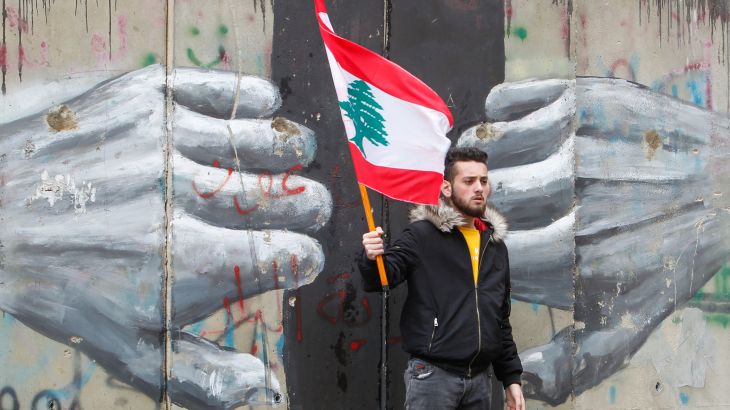
Can Lebanon be saved?
On Thursday, April 29 at 19:30GMT:
Hunger has taken hold across Lebanon. Reeling from economic collapse, the coronavirus pandemic and skyrocketing inflation, millions of people are struggling to put food on the table this month, let alone commemorate Ramadan. For most, the usual festive sights, smells and sounds of the occasion have become distant memories.
According to the World Bank, half of Lebanon’s six million people now live in poverty. Food prices have soared up to 400 percent, which the United Nations calls the highest food inflation in the world. One study found that 30 days of iftar meals would cost the average family 1.5 million pounds ($123), more than double the minimum wage. Even the price of ingredients for a simple fattoush salad has jumped 210 percent in one year, according to the American University of Beirut’s “Fattoush Index.”
The government has been unable to respond effectively since its prime minister resigned last year, following a massive port explosion in the capital.
Lebanon imports most of its food, but a cash crunch and the fallout of the blast have made it difficult to buy what people need. Unless the financial and political situation stabilises, the country could only have a couple months of supplies left, warn some supermarket traders. The situation has become so dire that the UN has added Lebanon to its list of countries at risk of “catastrophic famine,” alongside Yemen, Afghanistan, Syria and other “hunger hotspots.”
Meanwhile, relief organisations operating in Lebanon say they have been very busy this Ramadan. One NGO worker told Al Jazeera this month: “We’re providing hot meals for areas far from our kitchen, delivering food parcels to homes in Beirut and Tripoli – we never thought we’d ever have to intervene in Beirut.”
In this episode of The Stream we ask, can Lebanon be saved? Join the conversation.
In this episode of The Stream, we are joined by:
Zeina Khodr, @ZeinakhodrAljaz
Senior Correspondent, Al Jazeera
Assem Abi Ali, @assemabiali
Advisor for Social Protection & Development, Ministry of Social Affairs
Lynn Kseibi
Communication Officer, Sawa for Development and Aid